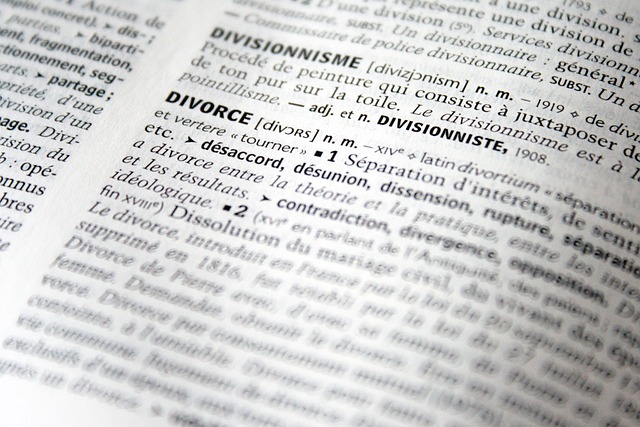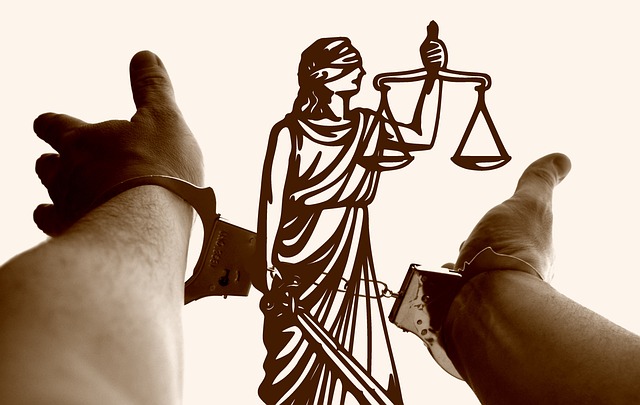Public corruption cases face significant legal hurdles due to varying state Criminal Procedure Laws, which impact investigation, defendant rights, and punishments. Understanding these state-specific differences is crucial for favorable outcomes, especially in diverse jurisdictions with differing handling and prosecution methods. Harmonizing these laws is essential for transparency, accountability, and a fairer justice system, eliminating location-based advantages in public corruption accusations.
“Uncovering the complexities of public corruption charges, this article provides a comprehensive guide. ‘Understanding Public Corruption Charges’ delves into the intricacies, while ‘State Variations in Criminal Procedure Laws’ explores how differing state laws impact defendants’ rights and prosecution strategies.
‘The Impact of Legal Loopholes’ examines disparities in state-level prosecutions, and ‘Defense Strategies’ offers insights into navigating unique legal landscapes. Finally, ‘Reforming Justice’ advocates for addressing inequalities, highlighting the need to harmonize Criminal Procedure Laws by state variations for fairer outcomes.”
- Understanding Public Corruption Charges: A Comprehensive Overview
- State Variations in Criminal Procedure Laws: Implications for Defendants
- The Impact of Legal Loopholes: How States Differ in Prosecution
- Defense Strategies: Navigating State-Specific Rules and Regulations
- Reforming Justice: Addressing Disparities in Public Corruption Cases
Understanding Public Corruption Charges: A Comprehensive Overview

Public Corruption Charges represent a significant legal and ethical concern, impacting not just individuals but entire communities. Understanding these charges is paramount, especially considering the intricate interplay between federal and state Criminal Procedure Laws. These laws, though generally governed by national frameworks, often exhibit substantial variations by state, adding complexity to the prosecution and defense strategies.
Navigating this landscape requires a deep understanding of the specific legal codes within each state, as well as the unique circumstances that give rise to corruption allegations. Achieving extraordinary results in cases involving public corruption demands expertise in interpreting these state-by-state differences, which can play a crucial role in the complete dismissal of all charges for both corporate and individual clients.
State Variations in Criminal Procedure Laws: Implications for Defendants

The criminal procedure laws vary significantly from state to state in the U.S., which has profound implications for defendants facing charges, especially those related to white-collar and economic crimes. These variations can impact everything from the stages of investigation to the rights of accused individuals and even the types of punishments available. For instance, some states may have stricter rules regarding search warrants and wiretaps, while others offer broader protections for businesses in certain circumstances. Understanding these state-level differences is crucial when navigating a case involving public corruption or financial misconduct.
The diverse landscape of Criminal Procedure Laws by State Variations means that strategies employed in one jurisdiction might not be applicable in another. Defendants facing charges must consider the specific legal framework within which their case will unfold, including the availability of jury trials and the potential for plea bargains. These factors can shape the overall course of a case, influencing how evidence is handled, motions are filed, and ultimately, any potential convictions or sentences.
The Impact of Legal Loopholes: How States Differ in Prosecution

The landscape of public corruption charges varies greatly across different states due to variations in Criminal Procedure Laws. Each state has its own set of regulations and interpretations, leading to disparities in how cases are handled, investigated, and prosecuted. These differences can significantly impact the outcome for individuals facing corruption accusations. For instance, some states may have stricter laws with more robust investigative powers, while others might offer broader protections for public officials through legal loopholes.
Understanding these state variations is crucial for both prosecutors and general criminal defense attorneys when navigating complex cases. Knowledge of respective business practices and local legal nuances can influence the strength of evidence required for prosecution and the potential strategies employed to secure a complete dismissal of all charges. As such, defendants’ outcomes can vary dramatically from one jurisdiction to another, underscoring the importance of seeking skilled legal counsel familiar with the specific Criminal Procedure Laws governing their case.
Defense Strategies: Navigating State-Specific Rules and Regulations

Navigating state-specific rules and regulations is a crucial aspect of crafting effective defense strategies for public corruption charges. Criminal procedure laws vary significantly from one state to another, impacting everything from pretrial procedures to sentencing guidelines. Understanding these variations is essential for building a compelling case and achieving winning challenging defense verdicts. Each state has its own set of statutes and precedents that can either benefit or complicate the defense’s position.
By staying informed about the respective business’s unique legal landscape, attorneys can tailor their strategies to capitalize on favorable rules while mitigating potential pitfalls. This nuanced approach often leads to achieving extraordinary results, ensuring that justice is served fairly within each state’s framework.
Reforming Justice: Addressing Disparities in Public Corruption Cases

Addressing public corruption requires a nuanced understanding of disparities that often exist within Criminal Procedure Laws by State Variations. While the fight against corruption is crucial for fostering transparency and accountability in all levels of government, significant gaps remain. These variations in state laws can lead to unequal outcomes for those accused, with some receiving more favorable treatment than others. For his clients, this can mean the difference between facing charges and walking free.
Reforming these disparities involves a collaborative effort across the country, examining how philanthropic and political communities can work together to ensure consistent application of justice. By harmonizing laws and procedures, we can create a fairer system that holds public officials accountable without unfair advantages or disadvantages based on their location. This not only strengthens democratic principles but also enhances public trust in government institutions.
Public corruption is a complex issue that requires uniform and effective legal frameworks. The varying state laws on Criminal Procedure, as highlighted in this article, create disparities in how public corruption charges are handled, impacting defendants’ rights and outcomes. Understanding these differences is crucial for both justice advocates and individuals facing such accusations. By reformulating Justice and harmonizing state-specific rules, particularly regarding criminal procedure, the legal system can ensure fairness and consistency in prosecuting public corruption cases across all jurisdictions.






